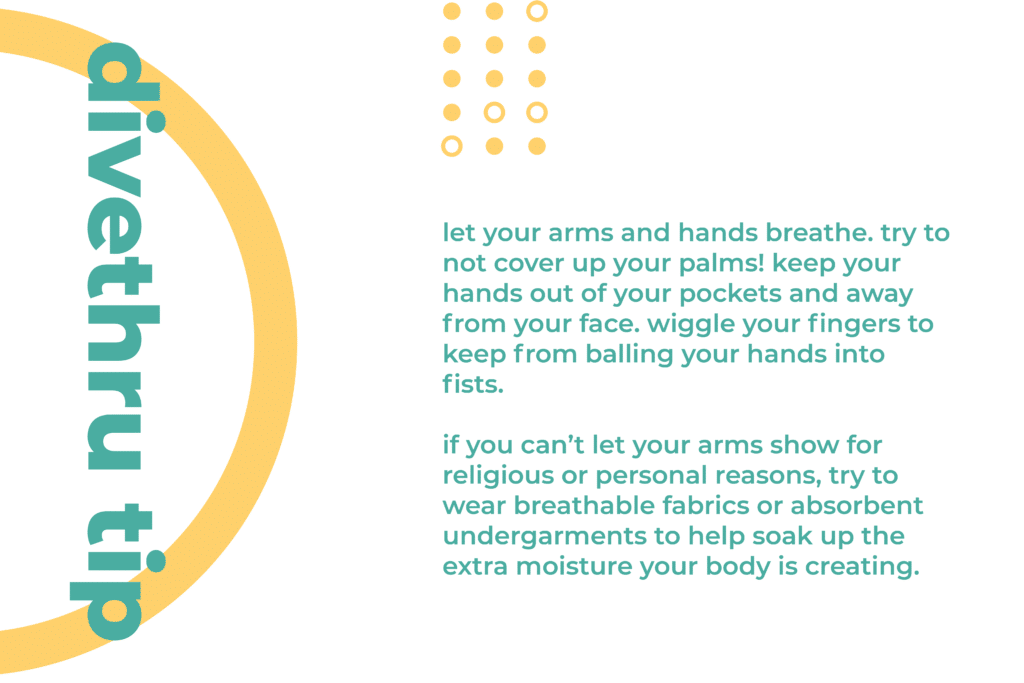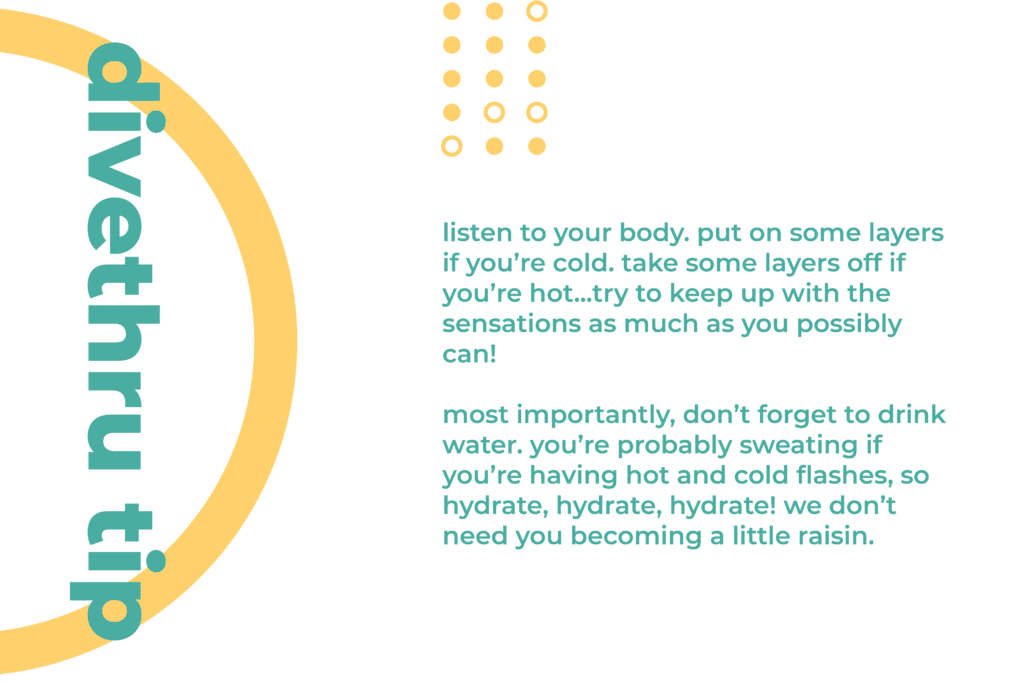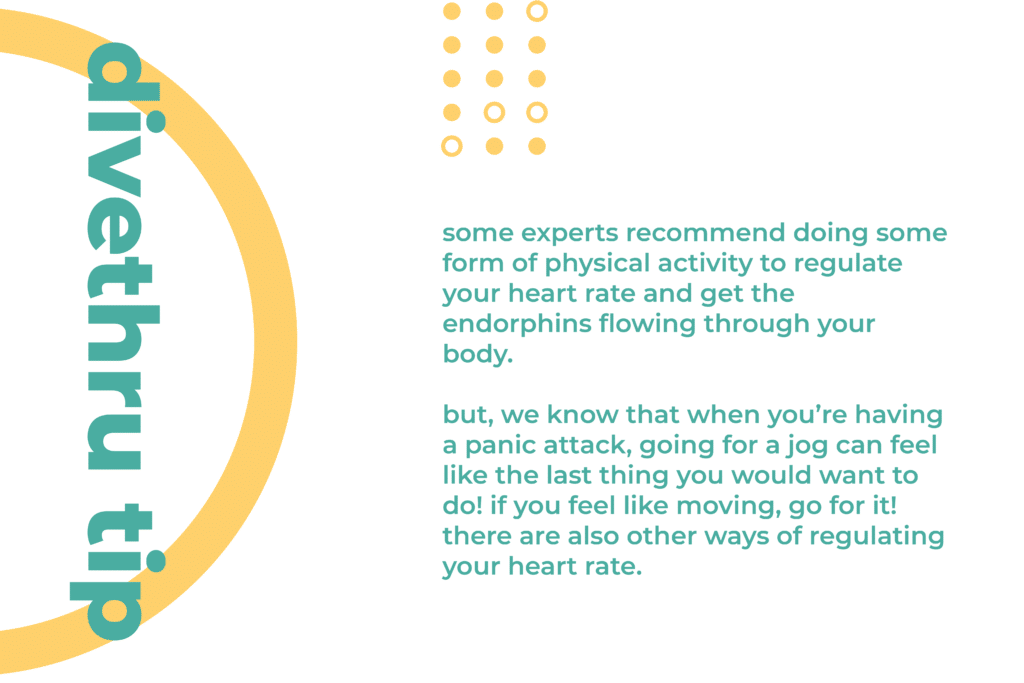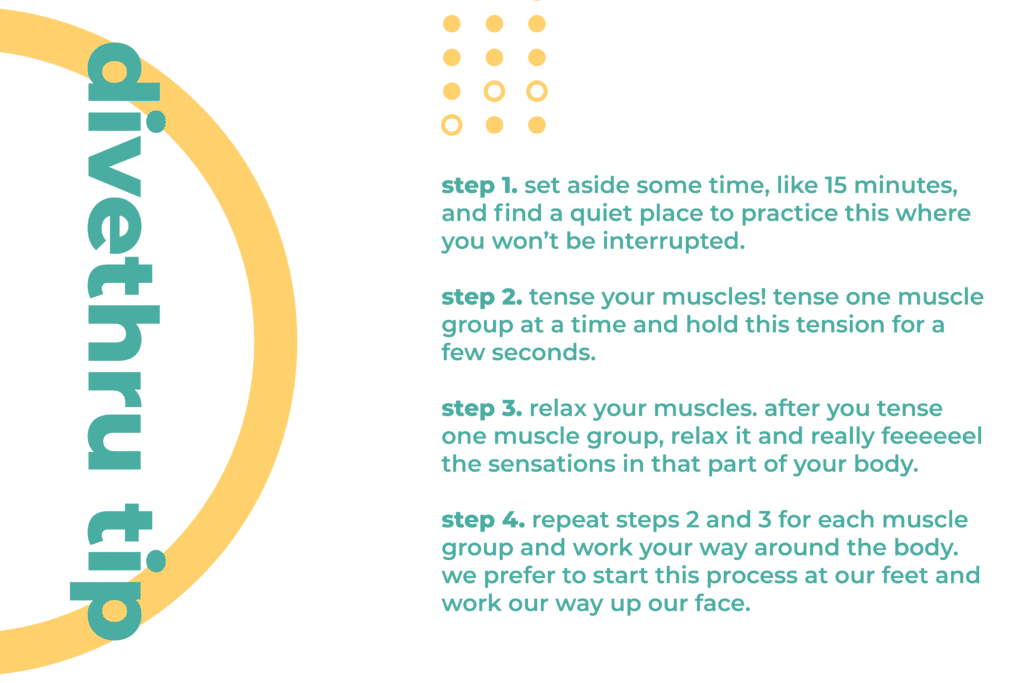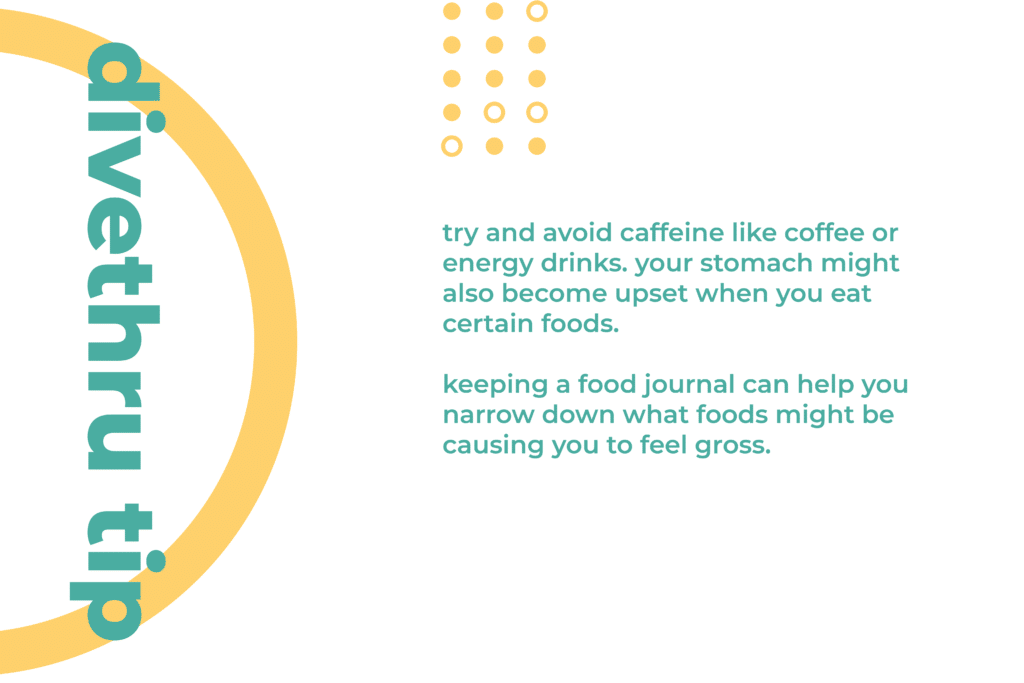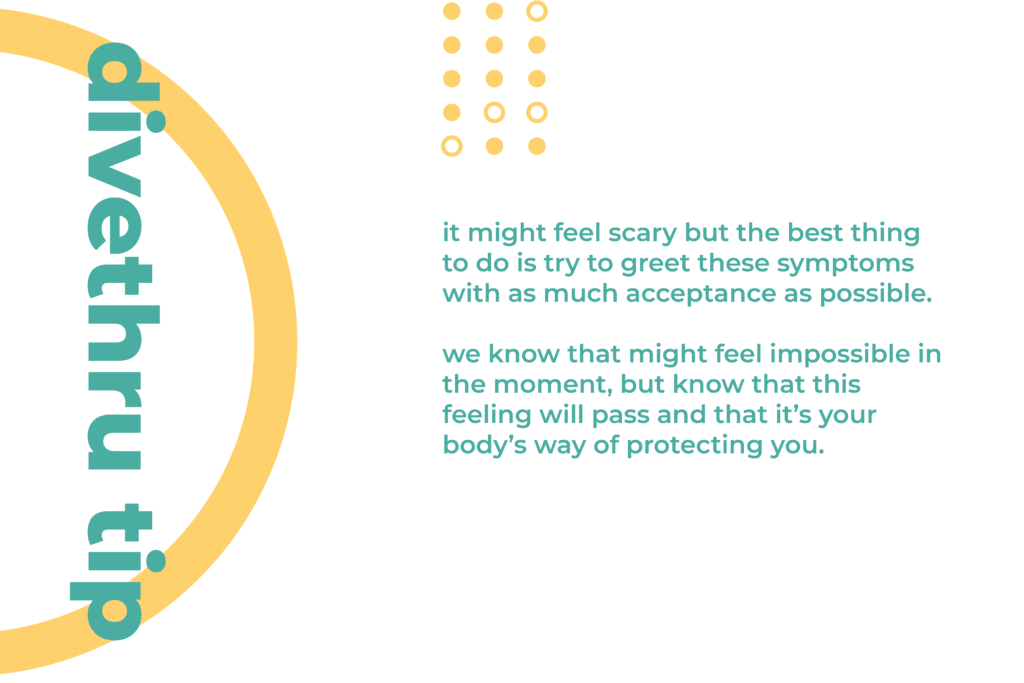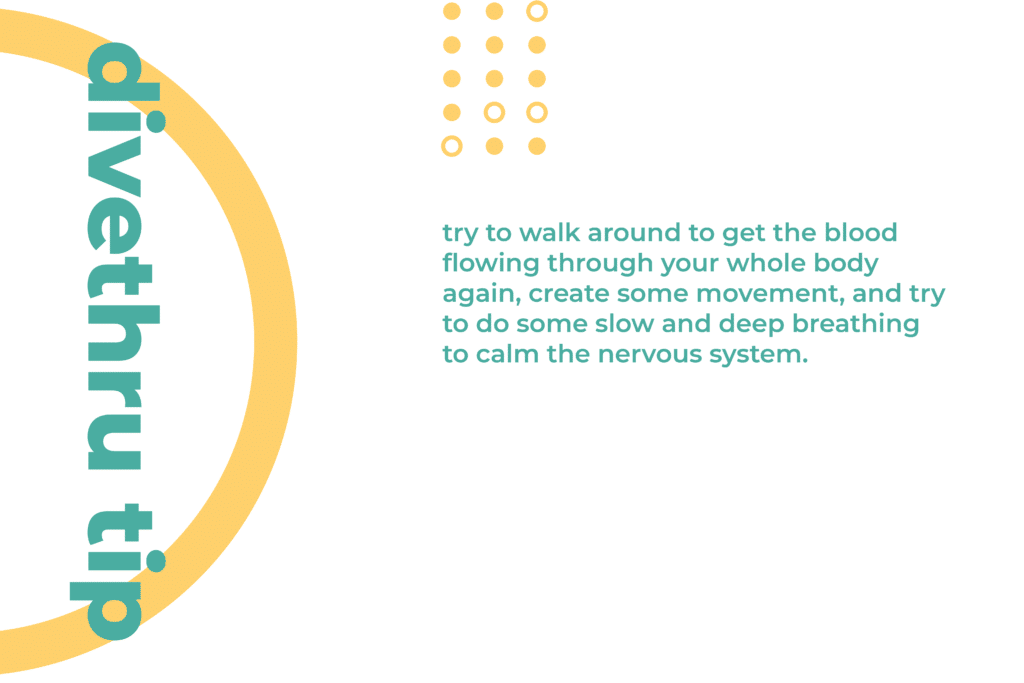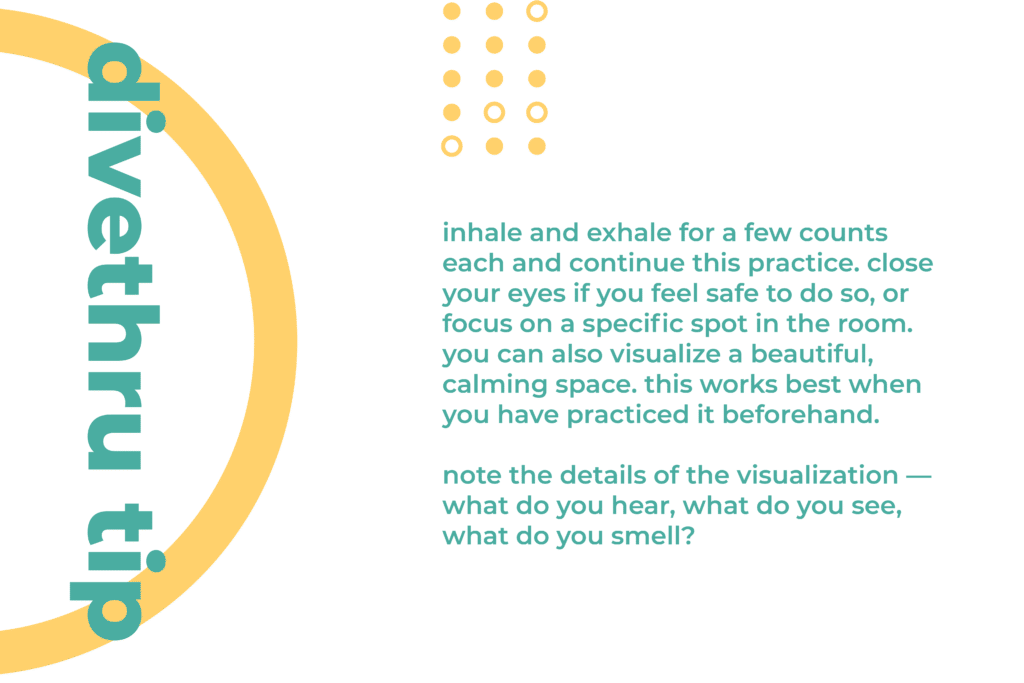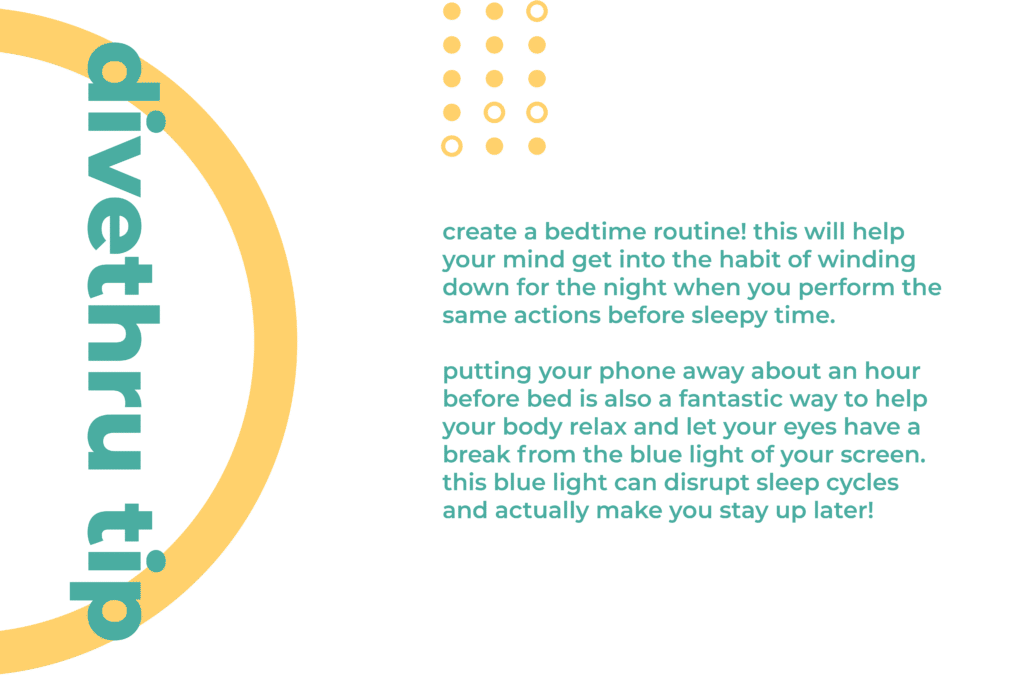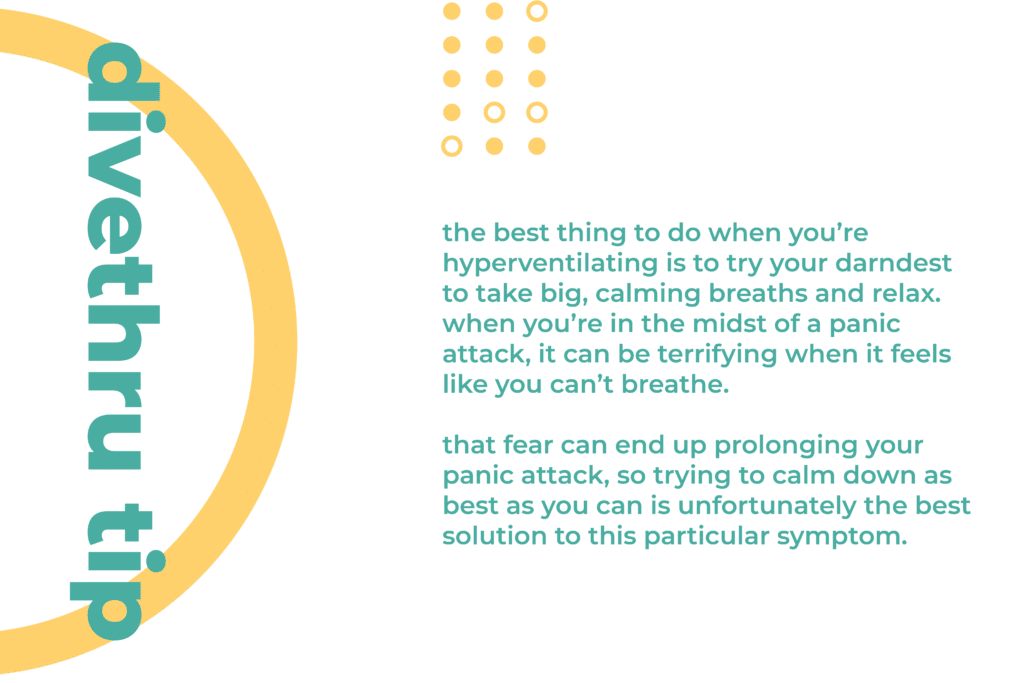Have you ever played the game Red Flags? If you haven’t, here’s the rundown. It’s when players pull random cards that have two positive qualities about a fictional person, and then pull a card that’s a “red flag.” One of the players in the group then has to decide who they’ll pick to go on a date with based on these cards. For example, someone can choose to date a guy who is a doctor, loves dogs, buuuuuut only wears a diaper around the house. This game is meant to be hilarious and funny for friends to play with each other, but recognizing relationship red flags in real life can be a bit harder to do.
Red flags can pop up in any kind of relationship! It doesn’t matter if this relationship is with your parents, your romantic partner, your friend, your sibling – it doesn’t matter. Regardless of how someone is attached to you, these red flags should make you take a step back and evaluate if it’s a healthy relationship that you want to move forward with.
Here are some relationship red flags to look out for that aren’t part of a fun card game.
1. Love Bombing
At first, this term sounds awesome! Who wouldn’t want to be loved? Wellllll, unfortunately, it’s not as fun as it sounds.
Love bombing is when a person gives you tons of gifts, texts and calls you all the time, constantly tells you how wonderful you are, and rushes into REALLY intense emotions REALLY quickly.
Eventually, they’ll want your undivided attention, disrespect your boundaries, and can become extremely needy.
You’ll know the difference between love bombing and regular, healthy unconditional love because you can feel it in your gut. There is just something… off about it that makes you uncomfortable with how they’re expressing their intense affection.
2. Chronic Anger
This isn’t the kind of anger because someone has had a bad day. And it’s not due to depression or anxiety, either. This is when the person in your life is alwayssss angry. They can use this anger as a way to control their surroundings, and this includes the people around them.
If someone is always angry, you’ll inevitably end up feeling like you’re walking on eggshells and you’re constantly tiptoeing around them and their feelings.
This isn’t healthy! You should be able to exist and speak in a way where you feel safe and free to express yourself. No one should ever be angry at you for doing normal things. And you should never feel afraid of your partner.
3. Disparaging Humor
This is when the toxic person in your life belittles you in a joking way. It’s pretty much just a disguise for anger and ridicule in the form of a joke.
Yeah, sometimes we can joke with our friends at their expense, but everyone is in on the joke and laughs about it at the end of the day. But this is different. It feeeeels different. It doesn’t feel like a joke and it comes across as just… mean.
Your partner shouldn’t make you feel like crap. They should be on your side and build you up. They shouldn’t be the one to tear you down.
4. Insincere (or No) Apology
Even though you might be hurt by something this person has said or done to you, they won’t apologize. They might say, “I’m sorry you feel that way,” but that’s not an apology.
Taking ownership for their actions or words would be an apology, but a statement like this puts the onus back on you. They’re basically saying that it’s your problem that you feel the way that you do because of their actions. In their minds, they didn’t do anything wrong and you’re the one with the problem if they made you feel bad.
5. Isolation From Friends & Family
Every relationship starts out with the deep desire to spend every single minute with your partner! This is totally normal because it’s new, it’s exciting, and you’re discovering all these incredible things about this other person. But as the relationship evolves both parties should start being more independent of the other and start enjoying the people and things that they used to.
Isolation starts to creep into the situation when the person you’re in the relationship with starts pulling you and keeping you away from other friends and family. They don’t want you to have access to your support system, and they want to keep you all to themselves. They might put down your friends, or complain about how much they dislike your family. They can even say things like, “Your family hates me and doesn’t want us to be together! Don’t they see that I love you more than anyone?”
Isolation is about creating feelings of doubt when it comes to your relationships with everyone you knew before you were in a relationship with this toxic person.
A healthy relationship doesn’t look like this. Two people can love spending their free time together, but also have independence from the other person. They’re free to see their friends and family whenever they want, and the other person can too. It should be a two-way street of trust and respect.
6. Manipulation
People who are really toxic can make you feel a lot of guilt and they use your emotions as a weapon against you. They can do this in a number of ways, and they always make you feel like absolute crap.
“If you really care about me, then …”
“I can’t believe you’d do this. Don’t you love me?”
They also often only see their opinion as the correct one and can frequently convince you to change your mind to match theirs.
They’re jealous to the point of anger, and follow you online and in-person as much as they can.
Manipulation is all about control. If your partner starts to control and manipulate everything you do from how you socialize with others, to what you wear, to guilting you about the little things, they’re not expressing a healthy version of love. These types of ‘controlling’ relationship red flags are really unsettling when you experience them.
What Can You Do About It?
If you can, take a break from interacting with this person. See how you feel when you’re not in contact with them. Do you feel safer? Happier? Take this time to reflect on what bugs you about this relationship. Sit with these feelings and allow yourself to come to a conclusion about your relationship with this person.
Taking the time to emotionally distance yourself from someone can also help in situations like these. You don’t need to cut off contact completely (that might be hard to do in almost any situation), but protect your emotions. Pull back emotionally ever so slightly so that you don’t internalize what your partner says about you or your loved ones. Don’t let their opinions define you.
Sometimes, these red flags in a relationship can become scary or even dangerous. In certain situations, sexual assault and all the different ways it shows up can be really hard to recognize – especially if you’ve been dating your partner for a long time. It’s best to seek out professional advice to help you with next steps and help you decide how to move forward in your relationship. Reach out to a therapist, or call one of the helplines below.
Emergency Information and Resources
Canada
Ending Violence Association of Canada
America
The Hotline: 1.800.799.SAFE (7233)
Remember, you are worthy of love and respect. No one should make you feel any different. We love you!







